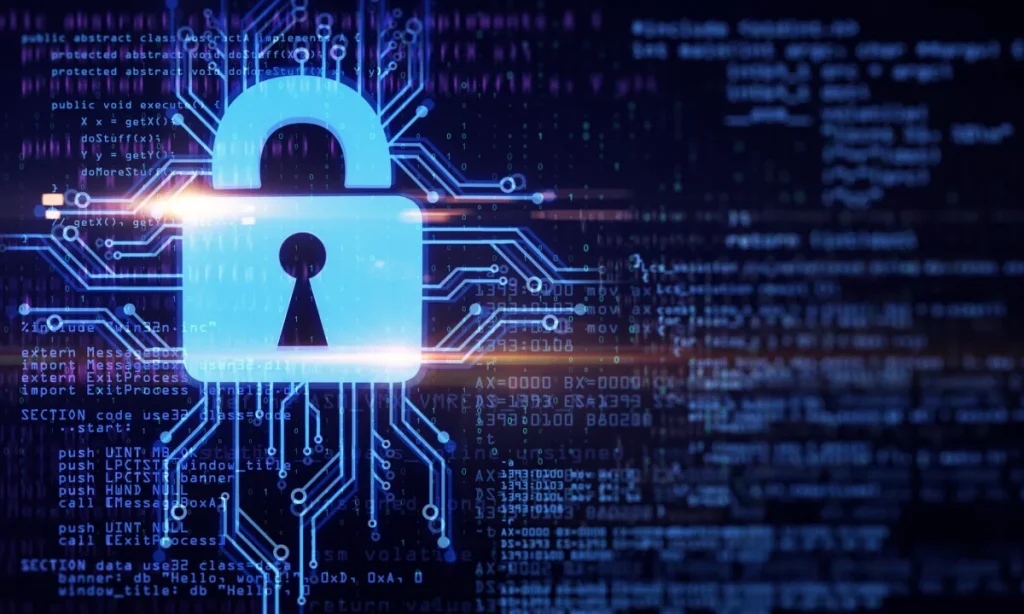Navigating the Cyber Battlefield – Digital Forensic Services at the Forefront of Security
In the rapidly evolving landscape of cybersecurity, digital forensic services stand as a critical line of defense, embodying the forefront of security measures. These services are essential for navigating the cyber battlefield, where the complexity and sophistication of attacks have escalated significantly. Digital forensics involves the systematic collection, preservation, analysis, and presentation of electronic evidence, enabling organizations to understand the nature of cyber incidents and respond effectively. The role of digital forensic experts has become increasingly pivotal as cyber threats evolve, requiring not only technical proficiency but also a nuanced understanding of legal and procedural standards. At its core, digital forensics is about uncovering the truth hidden within digital artifacts. These artifacts can include anything from computer systems and mobile devices to cloud storage and network traffic. Forensic investigators employ advanced tools and methodologies to extract and analyze data, seeking to identify the source and nature of a security breach. This process often involves reconstructing events leading up to and following an incident, which can be crucial for pinpointing vulnerabilities and preventing future attacks. The ability to present findings in a clear, actionable manner is also vital, especially when legal proceedings are involved.

One of the key challenges in digital forensics is dealing with the sheer volume and variety of data that modern organizations generate. Cybercriminals exploit this complexity by employing sophisticated techniques to obfuscate their actions. This makes it essential for forensic professionals to stay ahead of emerging trends and tools in both cybersecurity and digital investigation. They must continuously update their skills and techniques to effectively counter new forms of attacks and evasion strategies. The integration of artificial intelligence and machine learning into forensic tools is one such advancement, allowing for more efficient data analysis and anomaly detection. Moreover, digital forensic services play a crucial role in incident response and management. When a cyber-incident occurs, having a well-defined forensic strategy is crucial for minimizing damage and ensuring a swift resolution go here. Forensic experts work closely with incident response teams to contain and mitigate the impact of an attack. Their findings not only aid in understanding how an attack happened but also in formulating strategies to enhance overall security posture and resilience against future threats.
In addition to technical expertise, digital forensic professionals must navigate a complex landscape of legal and regulatory requirements. The admissibility of digital evidence in court hinges on strict standards of evidence handling and preservation. Forensic investigators must adhere to established protocols to ensure that evidence remains intact and uncontaminated, which is crucial for maintaining its credibility in legal proceedings. This intersection of technology and law underscores the importance of having skilled professionals who understand both the technical and legal dimensions of digital forensics. Ultimately, digital forensic services are indispensable in the quest to secure digital environments against ever-evolving threats. By providing critical insights into cyber incidents, these services enable organizations to not only address immediate issues but also to fortify their defenses for the future. As the cyber battlefield continues to expand, the role of digital forensics will remain central to understanding, managing, and mitigating the complexities of modern cybersecurity challenges.